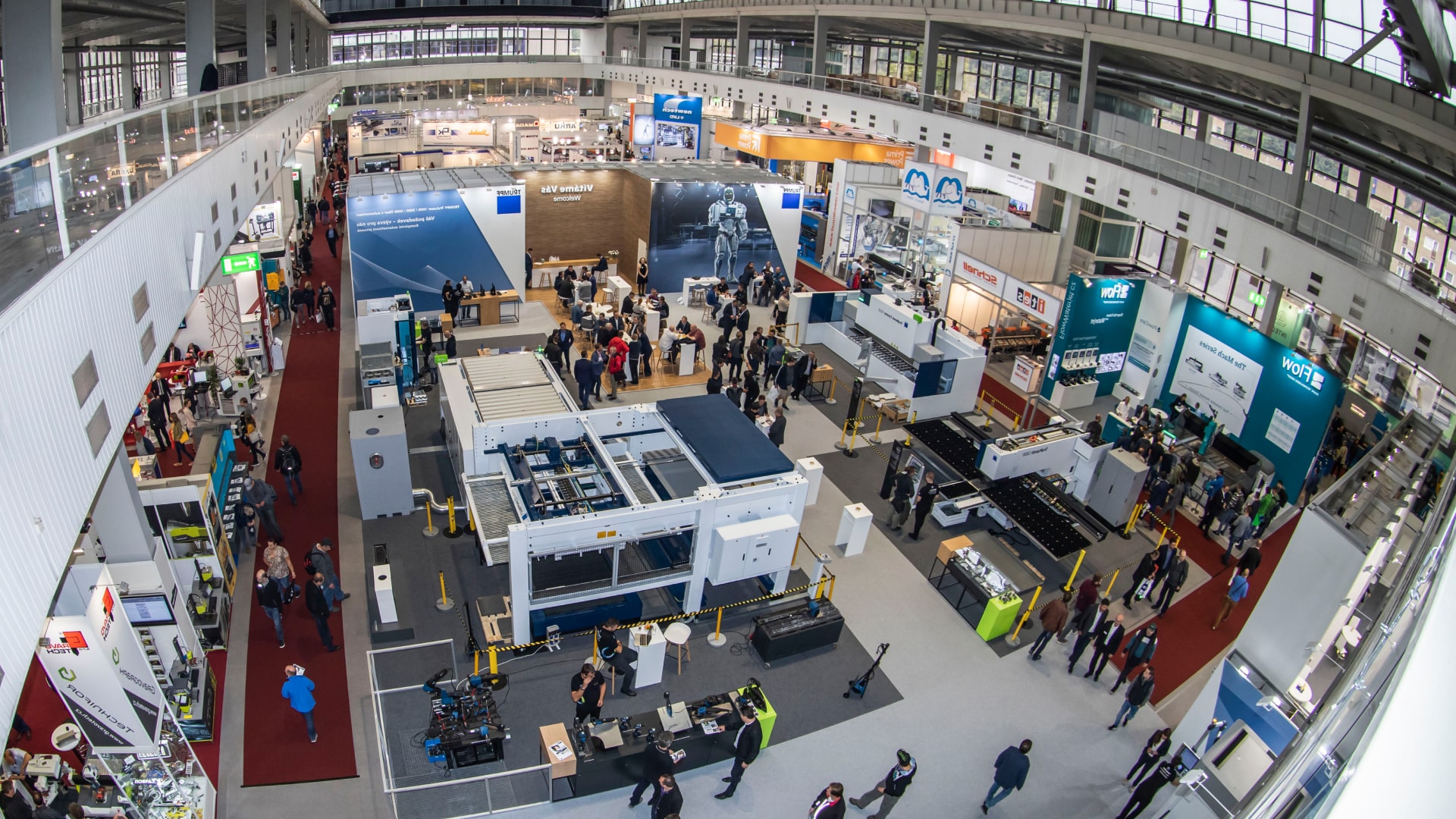Artificial Intelligence (AI) has emerged as a transformative force to revolutionize process optimization in various industries. By harnessing the power of advanced algorithms and machine learning capabilities, organizations can now optimize their operations, improve efficiency, and drive innovation like never before seen.
In this article we will explore the fundamental concepts, the application of Artificial Intelligence in processes and the benefits and challenges associated with the implementation of AI-powered solutions.
Artificial Intelligence in Process Optimization
Artificial Intelligence (AI) has become a turning point in improving processes in all industries. Harnessing its power is revolutionizing the way different challenges and process optimization are addressed.
To understand it better, let’s delve into these two basic concepts:
Basics of artificial intelligence
Artificial Intelligence refers to the simulation of human intelligence processes using machines, usually computer systems.
These processes include learning (acquiring information and rules for using it), reasoning (using rules to reach approximate or definitive conclusions), and self-correction.
In the context of process optimization, AI can analyze data, identify patterns, and make decisions without human intervention.
Process Optimization Overview
Process optimization is based on a strategy that seeks to improve existing systems and procedures, with the aim of increasing efficiency, effectiveness and adaptability. This practice is essential, from manufacturing to services, and from logistics to IT.
It has become a very powerful tool for those seeking to reduce costs, improve performance, and increase customer satisfaction.
The synergy between AI and process optimization is the key to unlocking unprecedented operational efficiencies.

The transformation of the future: The revolutionary impact of Machine Learning
Machine Learning has emerged as one of the most revolutionary technologies of our era. With its ability to learn from data and improve experience, machine learning is transforming the way we work.
Automatic learning and Machine Learning are two terms that are used interchangeably, but in reality they refer to the same discipline of Artificial Intelligence.
But that’s not all, this union generates great benefits:
Improved decision making: Machine learning algorithms can analyze large amounts of data and discover patterns and trends that are not easily noticeable to humans. It is useful as it helps companies make more informed and accurate decisions.
Anomaly detection: Machine learning is capable of identifying suspicious activities that could go unnoticed by human eyes. By building models capable of learning the normal characteristics of a system, machine learning is responsible for flagging any significant deviations, providing early warnings and allowing a rapid and effective response.
Task automation: Tasks that previously required constant human intervention can now be automated thanks to machine learning. This translates into improved efficiency, as time can be spent focusing on more complex and creative tasks.
Process optimization: Machine learning algorithms allow machines to learn from data, identify patterns and make decisions with minimal human intervention. In addition, it is capable of analyzing large data sets, predicting results and suggesting optimal solutions.
Process Streamlining: By integrating algorithms powered by machine learning, organizations can achieve faster decision making, reduced errors, and greater adaptability to changing market conditions.
Implementation of AI-powered solutions to improve efficiency
To unlock the full potential of AI in process optimization, organizations must strategize and implement AI-powered solutions seamlessly into their existing workflows.
Let’s explore effective strategies for integrating it and delve into real-world case studies that show its impact:
Strategies to integrate AI into existing processes
Successful AI integration requires a systematic approach, including data preparation, algorithm selection, model training, and deployment.
Organizations must align AI initiatives with strategic objectives, allocate resources effectively, and foster a culture of innovation to drive the successful adoption of AI in process optimization.
Case studies demonstrating the impact of AI implementation
Real-world examples of AI implementation across industries highlight the transformative impact of AI on process optimization.
From predictive maintenance in manufacturing to personalized recommendations in e-commerce, AI-powered solutions have driven significant improvements in operational efficiency, customer satisfaction, and overall business performance.

Optimizing business operations with artificial intelligence technologies
In today’s business landscape, leveraging AI for data analysis and decision making is imperative to stay ahead. Let’s explore how automation and prediction with AI can revolutionize process optimization and drive tangible results for businesses.
Using AI for data analysis and decision making
Artificial Intelligence technologies provide organizations with the ability to extract valuable insights from large volumes of data, identify emerging trends, and make data-driven decisions efficiently and accurately. By integrating AI into data analytics, companies can gain a competitive advantage, optimize resource allocation, and carry out strategic initiatives with greater confidence.
Automation and prediction in process optimization with AI.
AI-based automation simplifies repetitive tasks, minimizes human errors, and improves process efficiency. Additionally, predictive analytics, which uses artificial intelligence algorithms, can forecast outcomes, anticipate problems, and proactively optimize processes for maximum productivity. Adopting automation and prediction with AI technologies is critical to achieving operational excellence and sustainable growth in today’s competitive business environment.
Conclusion
Artificial Intelligence (AI) has redefined process optimization, transforming the way organizations operate and make decisions. AI has not only been able to improve efficiency and productivity, but has also opened new doors for innovation and growth.
AI, with its ability to learn from data and adapt to changes, proves day after day to be a high-value tool for process optimization.
However, it is important to remember that AI is just a tool, and that its value is based on the way it is used to improve processes and make more informed decisions.
In short, artificial intelligence has the potential to transform the way businesses operate, improving efficiency, reducing costs and improving service quality. But it is also important to keep in mind that the implementation of AI requires a significant investment in terms of time and resources, which companies must consider before implementing it.
Share this post






